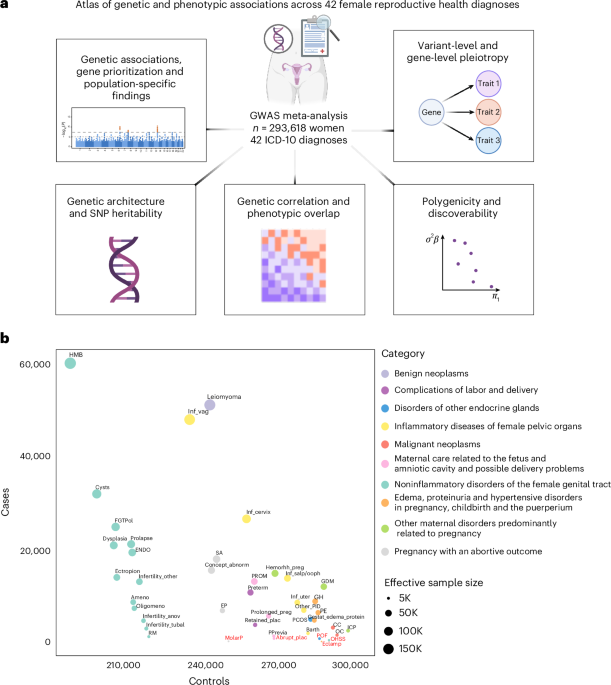
Article originally published by Peoples Health Dispatch
The global health workforce crisis is not just a matter of numbers but also a crisis of decent work and equity, according to Genevieve Gencianos from Public Services International (PSI).
Speaking at the “Care for Care Workers” conference on June 29 in Brussels, Gencianos, alongside activists, trade unionists, and health officials, called for a new approach to tackle the problems facing public health systems worldwide, particularly the retention and recruitment of health workers.
The conference was supported by over a dozen organizations from across the region, all of which recognize the urgency of developing a workforce strategy that benefits everyone.
“The shortage of 10 million health and care workers by 2030 is a crisis of the shrinking of public health and care systems against the neoliberal agenda of for-profit extraction at the expense of workers’ rights and people’s health,” Gencianos stated.
The European context
In recent years, European countries have increasingly focused on their future health workforce needs. Despite longstanding warnings from health activists and trade unions that austerity measures would inevitably reduce accessibility and quality of care, most governments opted for quick fixes. These measures maintained the appearance of strong health systems while cutting salaries, increasing workloads, and expanding working hours, leading to burnout and mass departures of experienced healthcare workers.
“There is no shortage of skilled health workers in Europe,” said Matilde De Cooman from Viva Salud, one of the core organizers of the conference alongside the People’s Health Movement (PHM) Europe and the Association of Democratic Doctors (vdää*). “There is a shortage of workable jobs, stable contracts, good wages, and healthy working conditions.”
Instead of addressing these issues, European governments have prioritized the international recruitment of health workers, exacerbating the crisis in the Global South. Ten high-income countries currently host 23% of the global stock of doctors, nurses, and midwives, while the entire African region holds only 4%, Gencianos warned.
International recruitment as a quick fix
Despite this disparity, high-income countries largely rely on active international recruitment of health workers, justifying it with bilateral agreements with Global South countries that supposedly establish checks and balances. The World Health Organization (WHO) also monitors international recruitment through a dedicated Global Code of Practice.
However, as De Cooman highlighted, there is often a disconnect between policy and practice. Countries like Germany, a leading destination for health workers, sign bilateral agreements even with governments whose health systems have far fewer nurses. This was true in the case of understandings between Germany and Brazil, said Karen Spannenkrebs from the vdää*.
When German health and labor officials announced the intent to recruit Brazilian nurses supposedly in surplus at home, vdää* and the Brazilian Center for Health Studies (Cebes) issued a joint warning that the official explanation was misleading. There is no surplus of nurses in Brazil; the issue is that many nurses are unemployed due to financial constraints preventing the health system from absorbing them.
High-income countries overlook similar examples when developing their health workforce strategies. Migrant health workers are treated as commodities: a good opportunity to secure health and care provision at a fraction of the cost. “They aim to export our health workers as if they were mangoes or bananas,” a health worker from the Philippines told De Cooman.
Health workers from countries like Georgia and Korea face similar challenges. They are often recruited with promises of lucrative positions but encounter discrimination, racism, and bureaucratic barriers, preventing them from practicing the profession they were originally trained in. High-income countries overlook these issues, exploiting the workers instead.
International policies and frameworks can only achieve so much without a change in the behavior of high-income countries. Recent WHO Europe mechanisms have made progress in recognizing health workers’ needs, but much more is needed, especially regarding retention at the country level, said Sulakshana Nandi from the Division of Country Health Policies and Systems at the WHO regional office for Europe.
Retention will be impossible without a fundamental shift in high-income countries’ approach to health systems, Gencianos emphasized. The world needs more resources for health, better working conditions, and debt cancellation for the Global South to address the global health workforce crisis effectively, the conference concluded.
People’s Health Dispatch is a fortnightly bulletin published by the People’s Health Movement and Peoples Dispatch. For more articles and to subscribe to People’s Health Dispatch, click here.
link






